In the centuries following the Reformation, Antichrist—the biblical Beast, whose coming was to precede the end of the world and the coming of Christ’s kingdom—was an intensely real figure. The debate raged as to who this Antichrist, whose downfall was now at hand, might be. Was he the Pope? Bishops? A state church? The monarchy? Or was it just a term of abuse to be hurled at anybody one disliked? Christopher Hill, one of Britain’s most distinguished historians, here reconstructs the significance of Antichrist during the revolutionary crises of the early seventeenth century. Radical Protestant sects applied the term—a name synonymous with repression and persecution—to those Establishment institutions of which they disapproved; in particular, the Pope. Then, with that revolution in thought which resulted in the separation of religion from politics, the figure of Antichrist lost its significance.
Hinweis: Dieser Artikel kann nur an eine deutsche Lieferadresse ausgeliefert werden.
Hinweis: Dieser Artikel kann nur an eine deutsche Lieferadresse ausgeliefert werden.

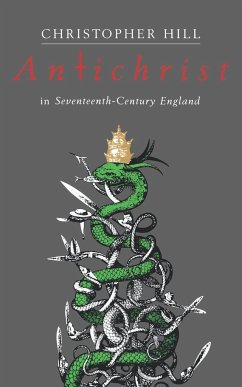
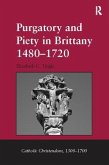
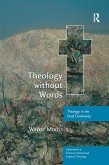
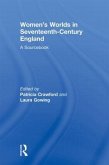


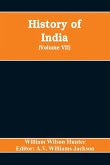
![Chronological History of the Mosher Family [microform]: From the Seventeenth Century to the Present Date Chronological History of the Mosher Family [microform]: From the Seventeenth Century to the Present Date](https://bilder.buecher.de/produkte/65/65581/65581768m.jpg)